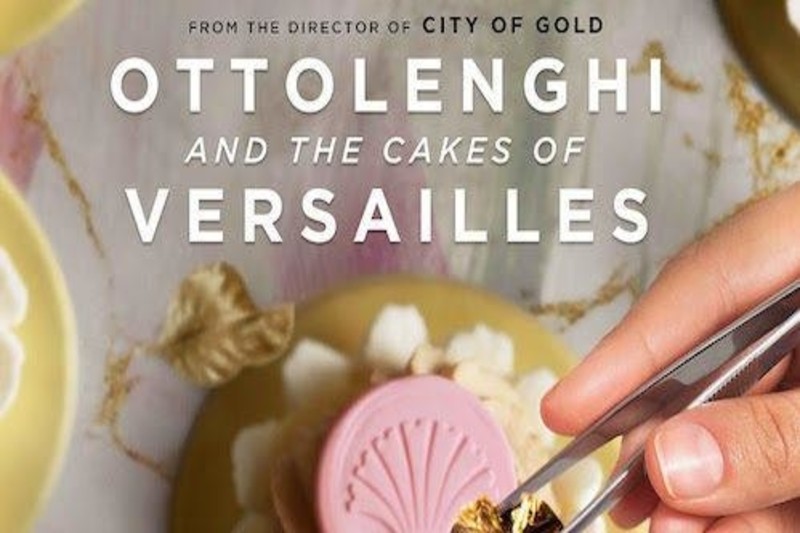In the digital era’s height, we have access to be a part of an event without being present. Livestreams and media accounts uploading fresh content in seconds has allowed for inclusivity, yet there is still a divide between classes. Yotam Ottolenghi’s documentary Ottolenghi and the Cakes of Versailles highlights the parallels between history and the 21st century; luxury and excess while ignoring humanitarian problems.
This film explores the appreciation of history, culture, and art while simultaneously being cognizant of the struggles of power and the poor.
The documentary begins with Ottolenghi being presented with the opportunity to showcase the food at the 2018 exhibition entitled Visitors to Versailles (1682-1789) at the Metropolitan Museum of Art. A huge honor and an easy ‘yes’ for Ottolenghi, who studied philosophy and prided himself on his knowledge of pastry ingredients history and transformation. After accepting the challenge, Ottolenghi goes on a journey via social media to find chefs who took their art seriously and “pushed the boundaries of technology, flavor, and presentation.”
Ottolenghi hires divergent thinkers and creators such as cronuts creator Dominique Ansel, architectural cake maker Dinara Kasko, and Jell-O specialist Sam Bompas to name a few. Each chef brings something new to the table and seeing their progression, and different takes on Versailles is magnificent.
It would be quite dull without some drama, and of course, with baking and exploring new concepts, complications arise. Pressure sets in, but the chefs thrive to ensure the two-day event runs flawlessly. They accomplished bringing art to life by heightening the sense of taste and smell. Accompanying art with food places people back in time and allows a person, for a moment, to take in a bit of history.
At the end of the event, though the treats were impeccable, the film shows the leftovers. This is when the doc discusses where there is beauty; there is flaw. As history tends to repeat itself, we see that an exclusive event, though luxurious, is overkill. The need for luxury is dying, considering the humanitarian issues becoming more of a concern to the rich. People are now using their platforms to speak on these issues and become more aware of their faults. Of course, luxury and exclusion will never become a thing of the past; this awareness still helps bridge the gap between classes. The finer things in life are more accessible, and we are on track to shattering societies outdated rulebook.
Ottolenghi and the Cakes of Versailles is now in select theaters and OnDemand.
By Alexandra Morris




